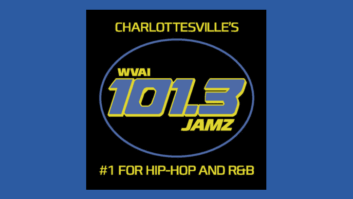Tri-State Public Communications Inc., licensee of noncom educational WHDD(FM) in Sharon, Conn. is on the hook for $15,000 for possibly violating FCC’s rules regarding sponsorship ID and underwriting announcements.
Tri-State and the commission’s Enforcement Bureau signed a consent decree, settling the matter. The agency said in its order its investigation raised no questions as to whether Tri-State has the basic qualifications to be a broadcast licensee. The station does not acknowledge guilt, and the money is called a voluntary contribution rather than a fine.
The Enforcement Bureau was looking into a third-party complaint in 2009 as to whether Tri-State had violated the FCC’s sponsorship ID and underwriting rules. The unnamed third party alleged that WHDD aired underwriting announcements containing “calls to action and qualitative terms intended to induce business patronage” and that WHDD received consideration in exchange for airing the announcements. The third party sent the FCC a recording of material broadcast by WHDD.
Based on the complaint and recording, according to the commission, it looked like WHDD aired various commercial announcements, including one in which it didn’t identify the sponsor.
Noncommercial stations cannot air ads; the FCC’s underwriting laws define ads as program material broadcast “in exchange for any remuneration” and intended to “promote any service, facility, or product” of for-profit entities. The station may acknowledge those who contribute funds to a public station, but those announcements are for identification only and should not promote the contributors’ products, services or businesses.
The FCC said WHDD’s underwriting announcements “may have violated” its laws because “they appear to exceed the bounds of what is permissible.”
The commission says its sponsorship identification rules obligate a station to air sponsorship identification announcements whenever any “money, service or other valuable consideration” is paid or promised to the station for the broadcast of program material. Under certain circumstances stations may be exempt from this requirement, however they are not exempt when the consideration paid or promised to a station is in the form of money. In this case, the material aired by WHDD may not have been adequately identified as sponsored, according to the FCC.
The two sides agreed a consent decree would save time and money. WHDD does not admit guilt and makes a voluntary $15,000 contribution to the U.S. Treasury. The station also will file regular compliance reports for three years to make sure it understands and follows the sponsorship ID and underwriting rules, trains its employees on the rules and reviews its underwriting procedures and announcements. In exchange, the commission closes the case.






